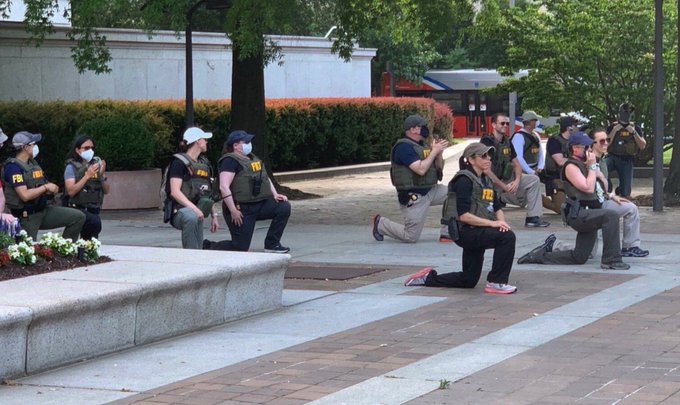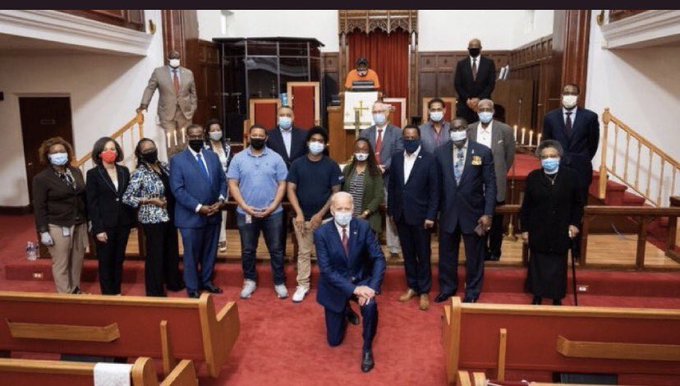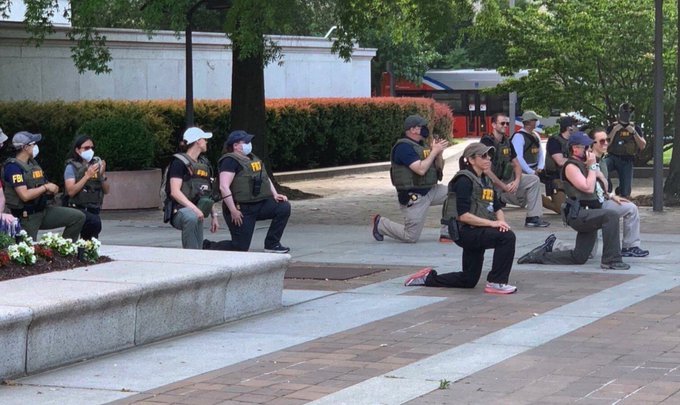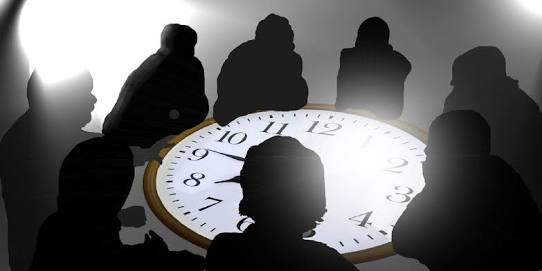I have previously criticized Sen. Richard Blumenthal, D-Conn., for his almost unrivaled advocacy of censorship and speech controls. Blumenthal previously threatened social media companies not to “backslide” in censoring opposing views. Now, Blumenthal is taking up the cudgel of court packing with not so subtle threats to conservative justices that, if they do not vote with their liberal colleagues, the Court may be fundamentally altered. He is not alone in such reckless and coercive rhetoric.
Blumenthal told The Hill:
The statement is reminiscent of Senate Majority Leader Chuck Schumer declaring in front of the Supreme Court “I want to tell you, Gorsuch, I want to tell you, Kavanaugh, you have released the whirlwind, and you will pay the price.”
Democratic leaders not only have embraced court packing but now openly threaten the Court to vote with the liberal justices or face dire consequences for the Court. The effort seems to be a play for the change in voting on the Court the followed prior threats for court packing in the 1930s. Faced with a conservative majority ruling against his New Deal legislation, Roosevelt called for up to six additional justices, one for every justice older than 70. That was basically the profile of the “four horsemen” blocking his measures.
Like the latest calls, the FDR plan was based on politics rather than principle. When the politics changed, the plan died. FDR dropped his plan as soon as he got what he wanted with a favorable majority. That is why the switch of Justice Owen Roberts in favor of a New Deal case became known as a “switch in time that saved nine.”
The Democrats are pushing to engage in court packing despite polls showing heavy opposition to the move from voters as well as opposition from the justices themselves. Before Ginsburg died, nine nominations had occurred in election years since 1900, and Ginsburg herself said in 2016 that the Senate had to do its “job” and vote on such nominations because “there’s nothing in the Constitution that says the president stops being president in his last year.” Moreover, Ginsburg also opposed expanding the Court, but she is not being cited by liberals as the reason to doing precisely what she opposed as inimical to the functioning of the Court. Justice Steven Breyer has also denounced the move to pack the court.
None of that matters to Democratic members who know that court packing is popular with the most extreme elements of their party.
Many of us have discussed the expansion of the Supreme Court through the years. Over 20 years ago, I recommended the expansion of the Court to 17 or 19 members. However, that recommendation would occur over many years and would not give advocates the short-term majority that they are seeking. That is the difference between reforming and packing the Court.
It is particularly chilling to see United States senators openly pressuring justices to vote with their side or face severe consequences. Blumenthal went as far as to mention specific cases and the expected rulings. This follows raw demands in the confirmation hearing of now Justice Amy Coney Barrett that she promise to rule on particular cases “correctly” as a condition for her confirmation.
The question is whether the Democrats are overplaying their hand. Recently, a Democratic “dark money” group called Demand Justice, had a billboard truck in Washington the next day in the streets of Washington warning “Breyer, retire. Don’t risk your legacy.” The group is calling for open court packing to force a liberal majority. (Demand Justice once employed White House press secretary Jen Psaki as a communications consultant, and Psaki was on the advisory board of one of its voting projects.) The question is whether Breyer will accommodate such demands from the left or feel conversely that he should remain on the bench to show that such tactics do not influence members.
These not-so-veiled threats could have the same inverse impact on members like Chief Justice John Roberts, who could view the attempt to influence the justices as a far greater threat than any court-packing scheme.
















